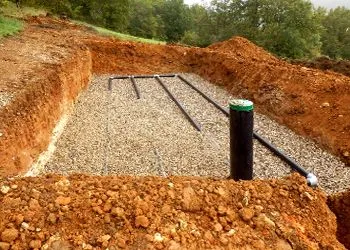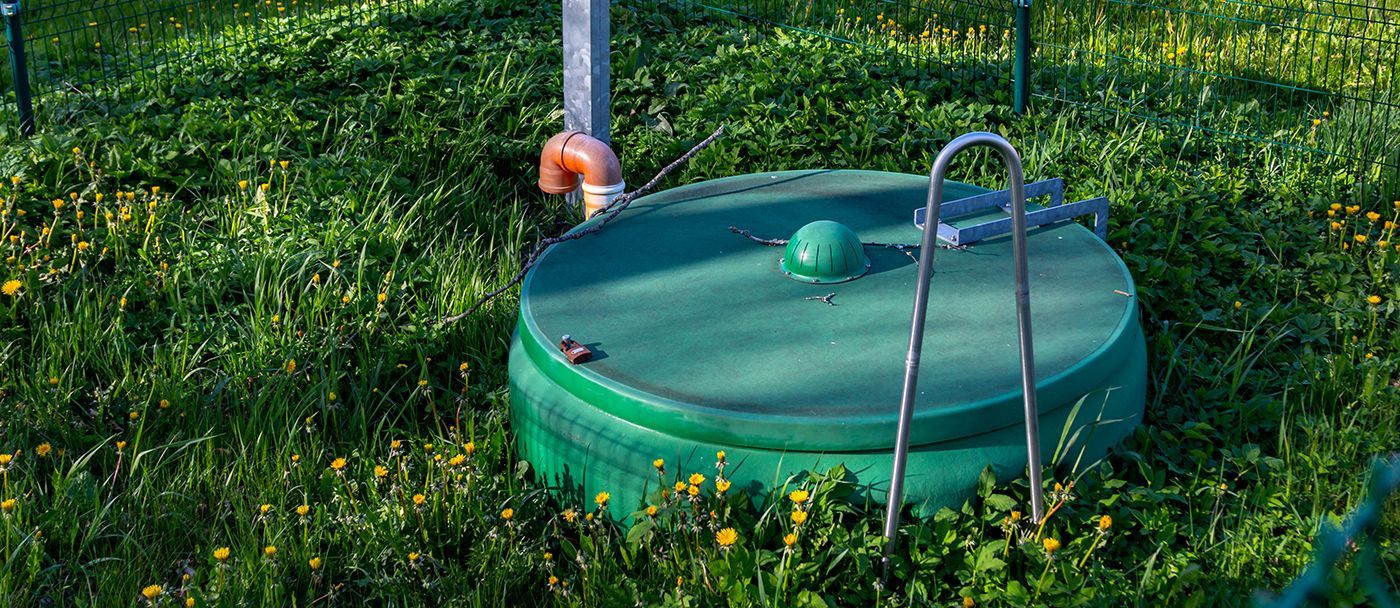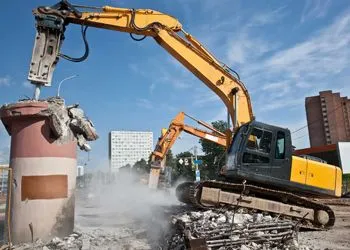4 Important Things to Consider When Planning to Install a New Septic System

Installing a new septic system is a significant investment that requires careful planning and consideration. Whether you're building a new home or replacing an old system, the success and longevity of your septic system depend on a variety of factors. From local regulations to soil quality, understanding what to expect can help you avoid costly mistakes and ensure a smooth installation process. At Southern Civils, our team would be happy to answer any of your questions about septic system installation. Here are four important things to keep in mind when planning to install a new septic system.
Local Regulations and Permits
Before any digging begins, it's crucial to check with local health/environmental rules about septic system installation in your particular area. Permits, site evaluations, and inspections are all typically required throughout the process. These rules are in place to protect public health and the environment, so complying with them is not optional. Failure to do so can lead to delays, fines, or being required to redo the work.
Soil and Site Evaluation
The type of soil on your property plays a major role in determining what kind of septic system you can install. A percolation test, often called a “perc test,” is used to evaluate how well the soil absorbs water. Sandy or loamy soils tend to drain well, while clay-heavy soils can cause problems with absorption. A site evaluation will also consider the slope of your land, distance to water sources, and space available for the system. This assessment will guide your system design and ensure it functions properly for years to come.
System Size and Household Needs
Your septic system must be sized appropriately for your household’s daily wastewater output. Factors such as the number of bedrooms, bathrooms, and water-using appliances are taken into account when determining tank and drain field size. Installing a system that is too small can lead to frequent backups and maintenance problems. On the other hand, an oversized system may be unnecessarily expensive. Your contractor can help you determine the right size based on your current and future needs, as well as the particular type of system, whether gravity-fed or otherwise.
Long-Term Maintenance Planning
Even the best-designed septic system requires regular maintenance to function properly. When planning your installation, consider how you’ll access the tank for future pumping and inspections. Discuss a long-term maintenance plan with your installer, including how often the system should be serviced. Staying proactive with maintenance will help prevent costly repairs and extend the life of your septic system.
Septic System Installation & Replacement in Tucson, AZ
For expert
septic system services in Tucson and the surrounding area, contact Southern Civils at
520-337-4018. Feel free to give us a call to request an estimate!








